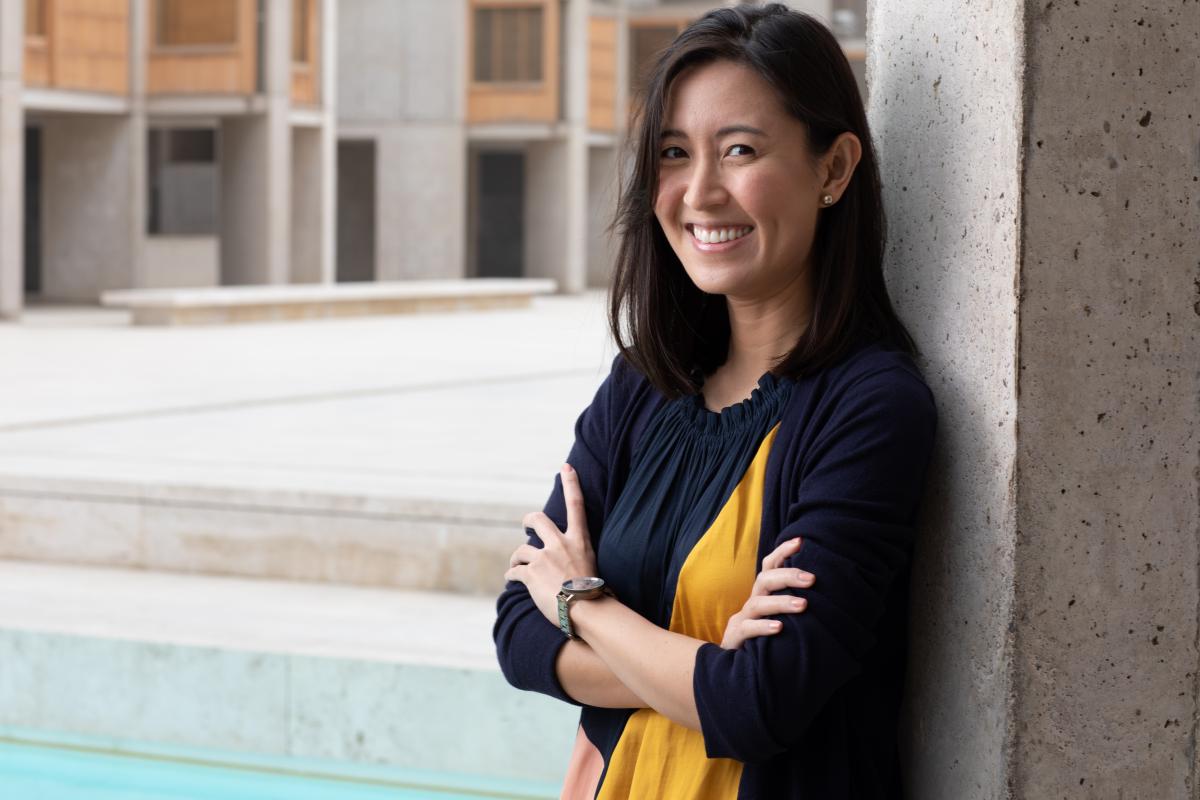Provost’s Postdoctoral Scientist: Nuttida Rungratsameetaweemana

In honor of Asian-American and Pacific Islander Heritage Month, get to know our exceptional Provost’s Postdoctoral Scientist, Nuttida Rungratsameetaweemana. Read her story below and get to know Dr. Rungratsameetaweemana.
What are your noteworthy achievements and educational history?
I earned my Ph.D. in Neuroscience from UC San Diego and my BA in Mathematics and Neuroscience from Middlebury College. Prior to joining Columbia BME, I was a Swartz fellow in computational neuroscience at the Salk Institute for Biological Studies. One of my most significant accomplishments has been the honor of being selected as part of the inaugural cluster of the Provost’s Postdoctoral Scholar to Faculty program as part of the new Inclusive Faculty Pathways initiative at Columbia.
Where are you from?
I was born and raised in a small town in the Northern region of Thailand called Lampang. My humble upbringing in this close-knit community has instilled in me the values of resilience, humility, and a deep appreciation for diversity.
How did you become interested in STEM research and, more specifically, in biomedical engineering?
When I was 14, my father suffered a severe spinal cord injury, and I spent weeks with him in the neurology ward. It was during this time that I had the chance to meet doctors, nurses, and other patients who shared fascinating stories and insights about the brain. I was introduced to the basics of neuroanatomy, spinal cord injuries, and seizures. That experience solidified my passion for neuroscience and set me on a path to pursue a deeper understanding of the neural mechanisms underlying cognitive functions both in health and disease. I believe that the field of biomedical engineering holds promise in improving the lives of individuals with neurological conditions by leveraging the insights gained from neuroscience research to develop innovative treatments.
Tell us about your family. Who has/have been your strongest influence(s) in life?
My mom played an important role as my first teacher and greatest influence. Despite not having a college degree, she shared her knowledge from math and science classes with me. Living by a river and a forest, we explored plants, flowers, and insects on our walks. When I turned 5, my mom gave me a journal, which became my first lab notebook. We would write about our observations and discoveries before bedtime. One memorable entry was when I counted brown pebbles by the riverbank, and my mom noted, "Today, she finally understood infinity."
What does AAPI Heritage Month mean to you?
AAPI Heritage Month represents a time to acknowledge and honor the invaluable contributions made by Asian Americans and Pacific Islanders in education and in science. It goes beyond researchers and scientists to include family members and friends who support AAPI individuals as they pursue their career aspirations and make positive impacts on society. This month serves as a reminder to continue fostering a culture of support and empowerment.
What do you hope to accomplish in the future?
I aim to establish an inclusive and interdisciplinary research group focused on integrating experiments and theories at the intersection of biomedical engineering and neuroscience. The ultimate objective is to understand the computational principles that underlie higher-order cognitive functions, both in individuals who are healthy and those affected by diseases. By fostering diversity and collaboration, I hope to contribute to the advancement of knowledge and the development of innovative approaches in these fields.
What advice would you give to others who wish to pursue a degree and/or career in BME?
To excel in BME, it's important to build a diverse skill set ranging from programming to data analysis and relevant research techniques. Teamwork, project management, and effective communication skills are also key in BME collaborations. Columbia offers an exceptional environment with exceptional faculty, research opportunities, and a wide range of classes to foster the development of these skills for future careers in BME and related fields.
